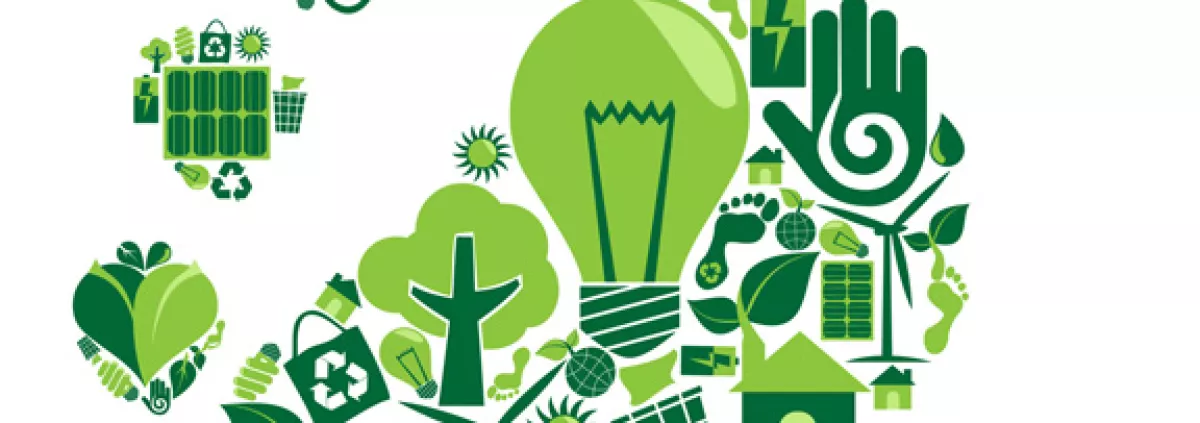Hi everyone!
In a recent article I read, the author considers the "carbon footprint" concept - i.e. the tool for calculating how much each one of us is contributing to the climate crisis - ubiquitous. The reason, she says, is that our footprints "do not paint an accurate picture of our true individual impact" on the climate. Instead, she proposes the alternative concept of the "climate shadow" through which own can visualise the sum of one's life choices.
I am not advocating in favor of one term or the other. On the contrary, I think constant introduction of new terms in the already complex sphere of the climate emergency may inhibit climate action. However, I truly believe that when assessing our true individual contribution to the climate crisis we need to visualize the sum of our consumption, choices, and attention.
Along with taking small, concrete, and quantifiable action(s) (e.g. recycling, reduce our air conditioning use or the gas mileage of our car) we also need to engage in more impactful and meaningful work (e.g. lobbying local politicians and voting smart, speaking up at work about wasteful practices, think of how we invest our money) and contemplate whether we behave with urgency, apathy, or denial. The latter, in my opinion, is especially important when we interact, engage, or teach children.
In short, each of us needs to undergo a kind of spiritual reckoning, and ultimately unleash the power of collective action.
With the present post I would like to start a discussion on your own thoughts on the matter and on any methods and tools you might know of - or have even used - to assess your own impact/contribution to the climate crisis. Has anyone tried to measure the impact of his classroom, school, or university? With what type of measurements? Are there any related projects you have come across or implemented? What are the difficulties you encounter and how did you manage to overcome them? Any lessons learned you would like to share with the Community?
Best regards to all,
Vassilis


Very inspiring words - and work - Vitor! Thank you for this. Indeed, we have such a short time to change behaviors that have been deeply instilled into the older generations. I agree that young people are a changing force in society (as they are the future global citizens who will need to face the future challenges) and their families. The latter are a critical target group to influence - due to the lack of time. I was wondering whether you have any related statics on this influence, any common trends or characteristics of the parents/families that do show a change in behavior or of the children who do succeed in influencing their families. Many thanks!
Hi Vassilis KARAMAOUNAS.
My personal experience tells me that there is a clear link between the parents' academic level, their participations on society's decision making, and their willingness to cooperate with their children's "new" proposals. Although this is not an absolute truth, there is certainly a link between these factors (higher schooling level, higher social participation = higher cooperation on change).
I do believe, however, that it is too late to wait for the cooperation of the entire society (or for the vast majority of people) and expect it will be entirely effective; resolute action at the decision level (national/EU) is also crucial.
On other words, some more unpopular measures mus be enforced. Honestly, most people are willing to protect the planet on the condition that it doesn't affect their current living standard. And I'm afraid those are opposite goals, one simply cannot eat the cake and keep it!
Democracies face a thougher task here, some people (a surprising large percentage of people) don't seem able to face the facts and decide rationally, just remember some reactions to the current pandemic situation...
We must walk a fine line between education/cooperation and rule of law, hope for the best and prepare for the worst. Not a very bright perspective, I know...